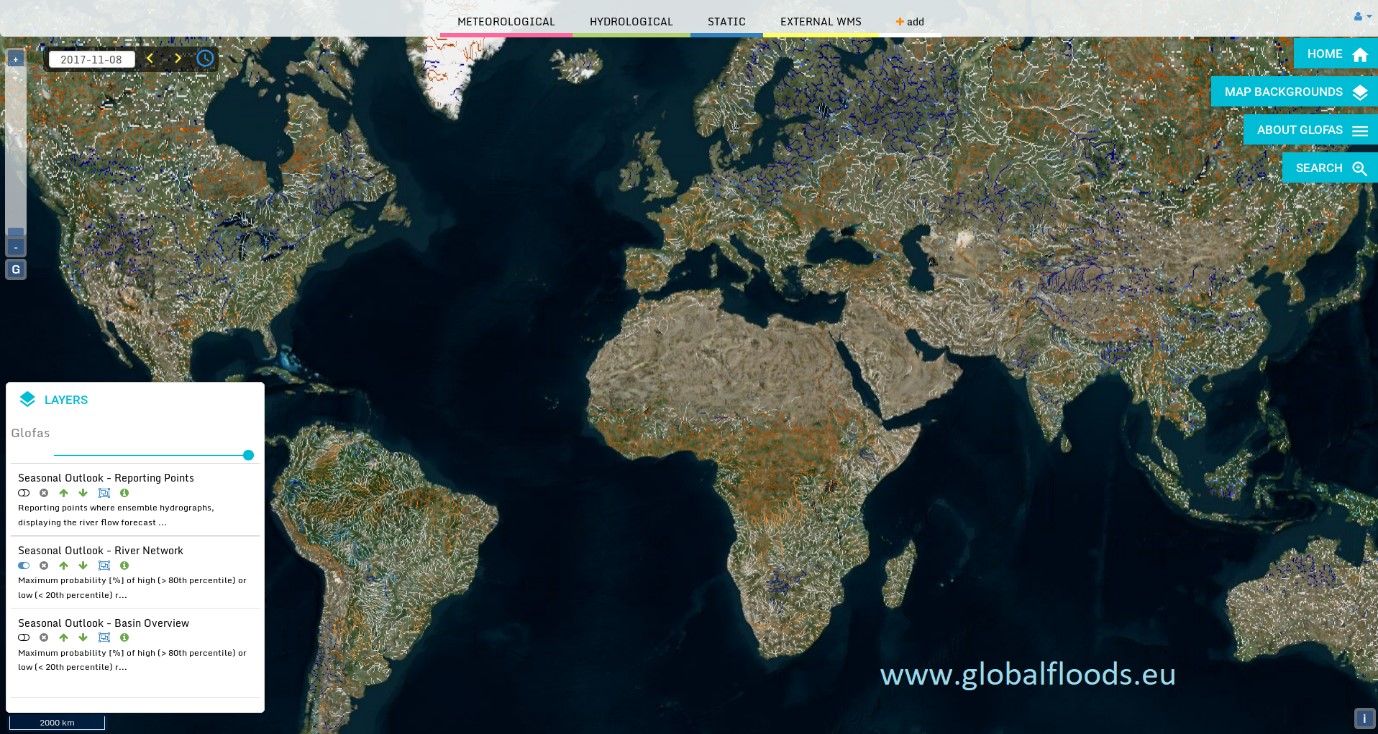Research that shapes the future of our planet
The Environmental Sciences Research Division has earned a world-class reputation, and our work is of global significance.
By improving understanding of how the environment works, as well as responds to and recovers from change, we are addressing questions of sustainability and informing national and international policy and practice relating to food and water security, extreme weather events and pollution.
Our research focuses on the evolution, dynamics and interactions of the environment’s components and on the interplay between people and the environment, in the past, present and future.
We conduct Environmental Science in the widest sense – from analysing important properties of the soil beneath our feet, to glaciers and oceans. Core areas of research include soil science, hydrology, biogeochemistry, terrestrial and marine ecology, remote sensing, meteorology and climate science, as well as landscapes and landforms.
A key aspect of our work is expanding knowledge of the critical zone (parent material-soil-vegetation) and its interactions with the atmosphere, groundwater and surface water.





